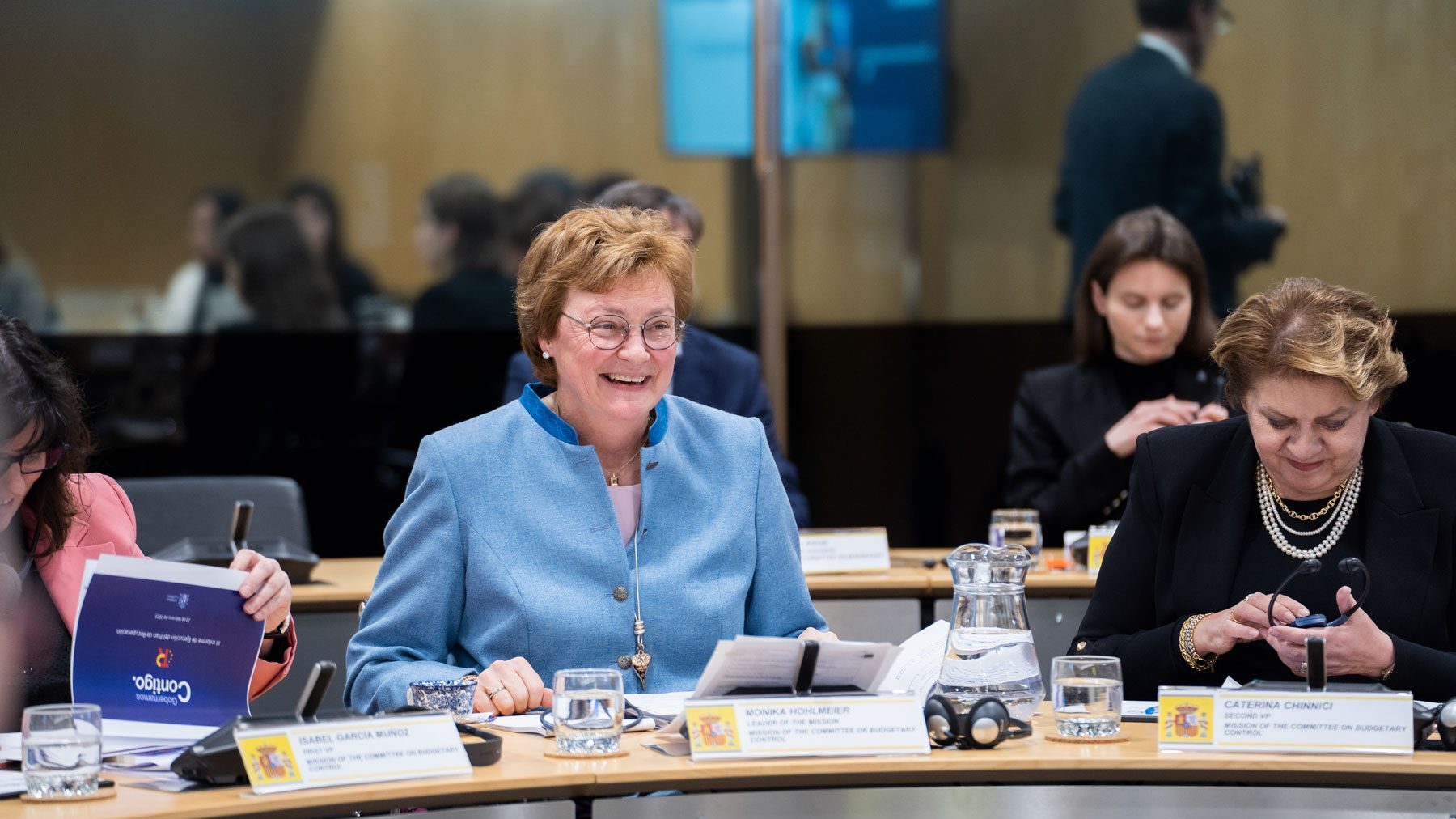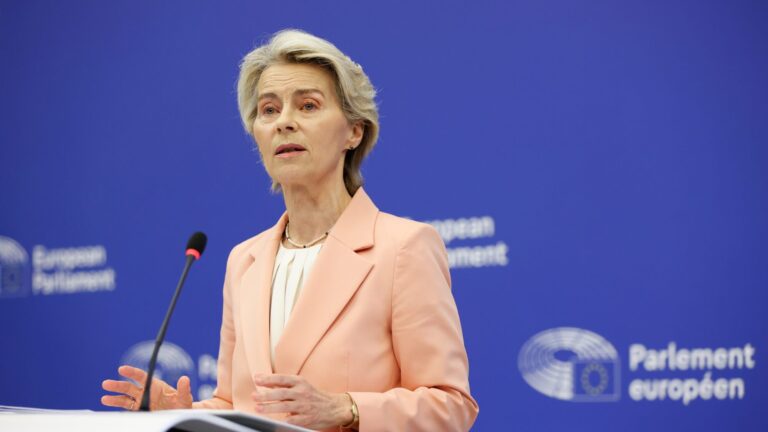More transparency, less bureaucracy, and no tolerance for fraud in administering the millions of euros Spain has received in EU Next Generation funds.
These were the three principal recommendations to the Spanish government from the ten-member multi-party delegation of the EU Parliament’s Budgetary Control Committee following their fact-finding mission to the country, which closed on February 22nd.
The mission went to Spain, seeking details about how the country is using the €31 billion of Next Generation funds it has received so far. It left with its principal question—where is the money?—answered.
The head of the committee that provides oversight of the spending of the EU budget, German MEP Monika Hohlmeier, had, months earlier, famously complained in a discussion with the EU Commission, “I don’t know where the money is.”
She left Spain satisfied that the information about the final destination of the money did exist, but recommended improving the data management and reporting system for “interoperability” and simplicity so that both she and the public could easily find out who were the final recipients of the funds.
“The Spanish government informed that almost all the information is published,” Hohlmeier read from an official statement agreed on by the delegation. “However, we have found that a lot of data is available but difficult to be found for the public and journalists.”
Currently, Hohlmeier said, there is no way for the general public to find out what projects, people, and companies are the final recipients of the funds and urged the government to make that data easily accessible.
She also said that the delegation had found that the bureaucracy around applying for funds was a hurdle for businesses, particularly for small businesses.
Hohlmeier gave the Spanish government a gentle slap on the wrist for its recent changes to penalties for the misappropriation of public funds, which have lowered sentences by making a distinction between whether or not a civil servant personally enriched himself through the misappropriation.
In her comments to journalists, she added: “There shouldn’t be any exceptions to the sanctions for people who carry out fraud. They told us that they would do it and I expect to see that line fully represented.”
She said she had found no evidence of fraud so far in the distribution of the funds but acknowledged that, in these programs, there are always some cases of fraud but that they were still too early to detect.
The delegation met with Spain’s economic vice-president Nadia Calviño, the Minister of Finance María Jesús Montero, and the Minister of Social Security José Luis Escrivá. It was denied a meeting with the head of the Ministry of Industry, Reyes Maroto, the ABC reports, as well as with Rocío Frutos, former director of the resilience plan through the Next Generation Funds.
The visit, Hohlmeier explained, was part of her committee’s job of justifying the spending of the 2021 EU budget. She said the committee had also carried out a mission to Italy and found similar problems as those in Spain and will be going to France, too.
A complete report from the delegation is expected in March or April.





